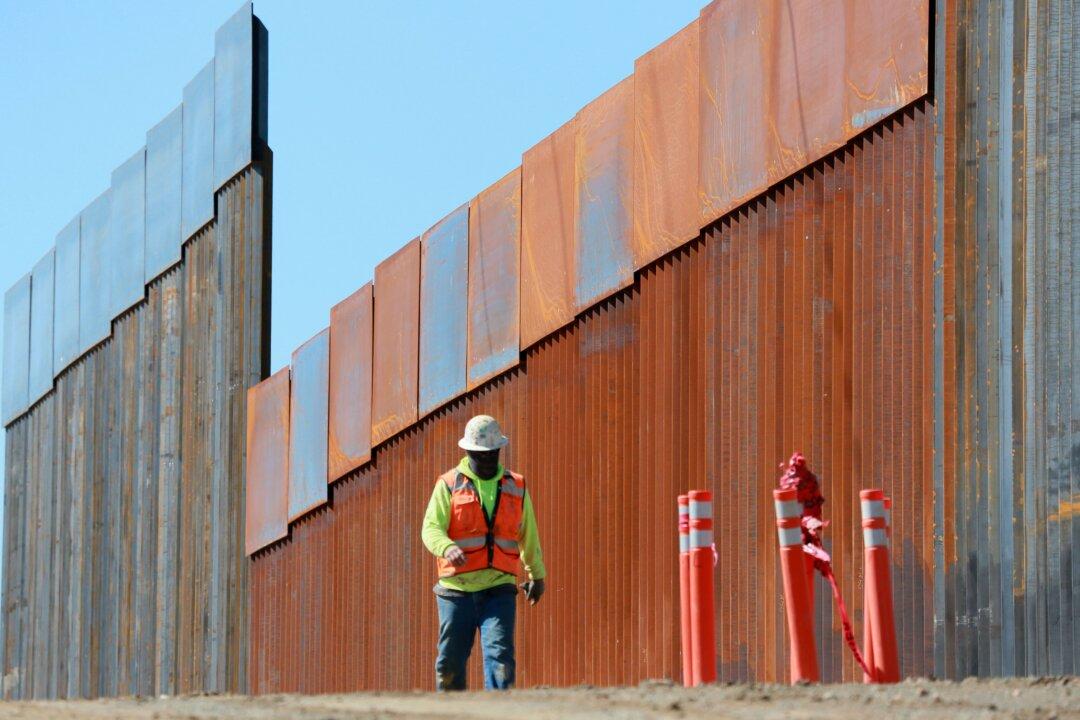The House of Representatives failed on March 26 to override President Donald Trump’s first veto, leaving in place the national emergency he declared last month to redirect funding toward a U.S.-Mexico border wall construction beyond what Congress approved for the purpose.
Democrats control the House, but only 14 Republicans joined them for a total of 248 votes, a far cry from the two-thirds majority of 290 votes needed to beat a veto. One Democrat, Jackie Speier of California, didn’t vote. Her office didn’t respond to a request for comment.





